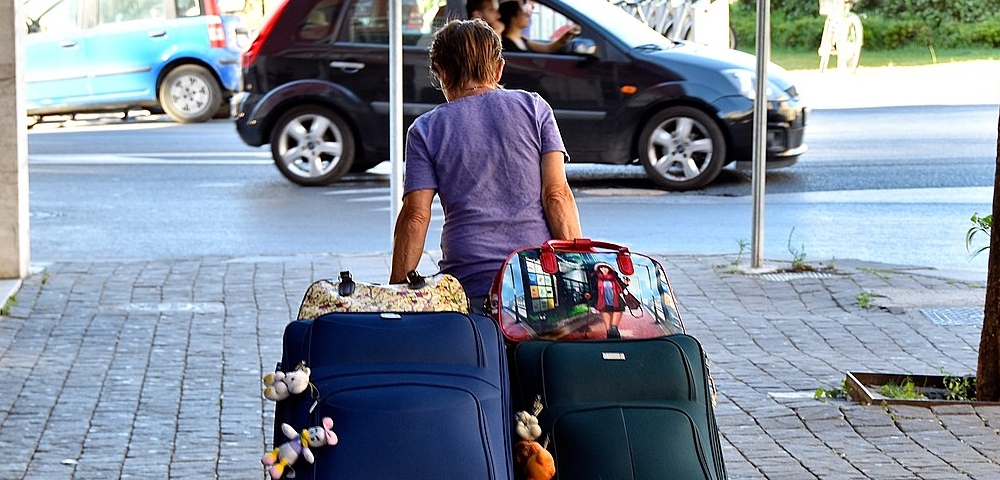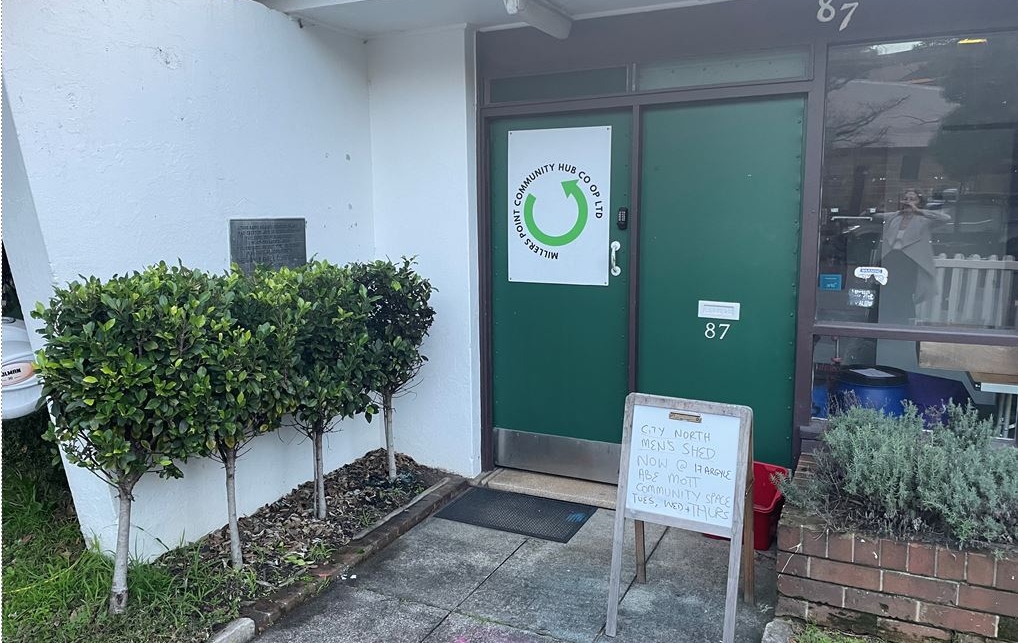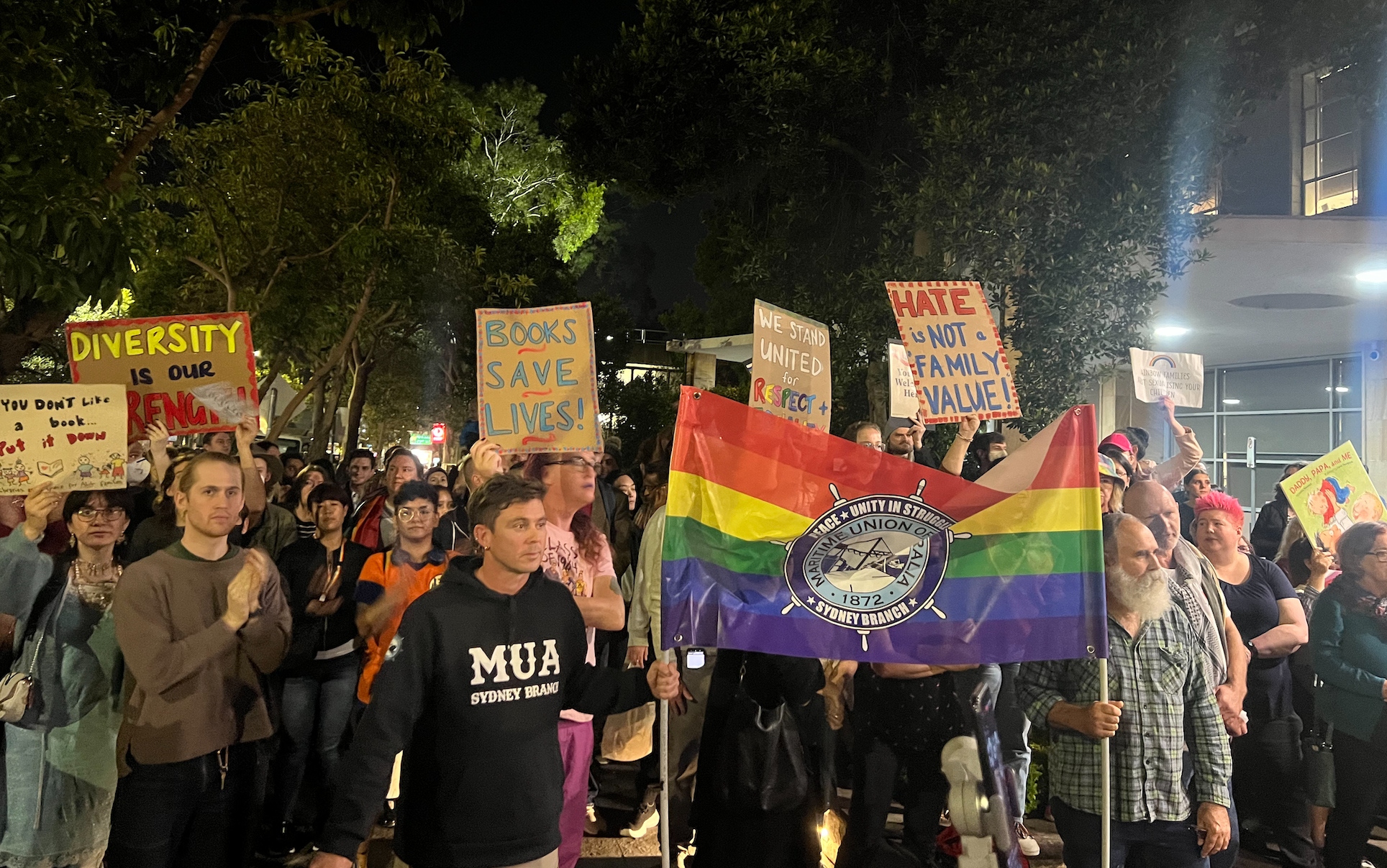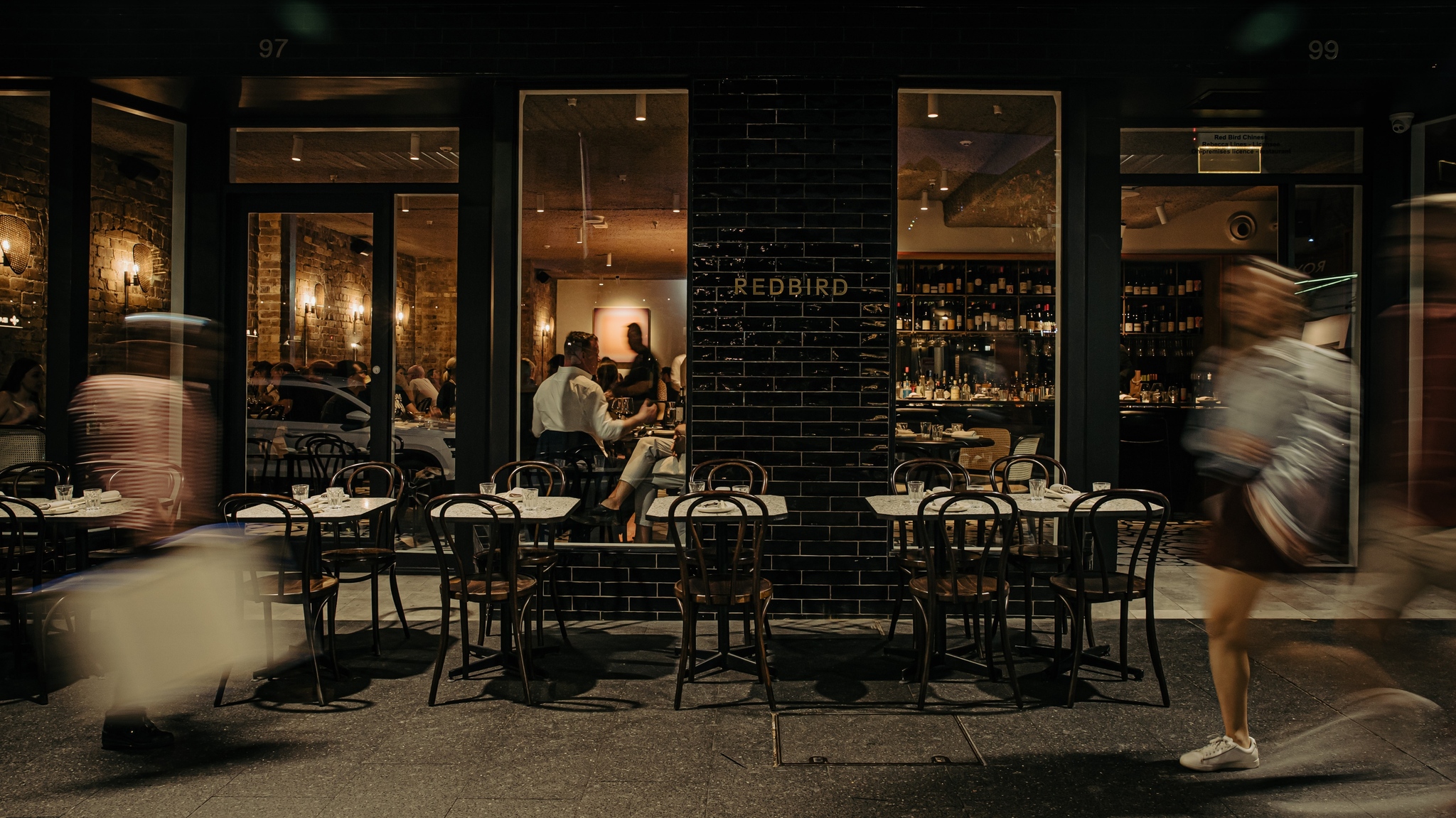
Mental health plummets amidst the housing crisis

by GRACE JOHNSON
Mental health is plummeting as the housing crisis presses on and costs of living stay high, studies show.
With soaring rents, more frequent evictions and displacements, greater numbers of people experiencing homelessness, and growing housing instability across the board, it’s not surprising that mental health has taken a hit.
In July this year, Everybody’s Home, a national housing campaign, released the Brutal Reality report, based on surveys of almost 750 people. The report found that 67 percent of people are in housing stress, 82 percent of renters are in rental stress, 75 percent of people are scared about their financial security due to the housing crisis and, as a result, 66 percent of people are worried about their mental health and wellbeing.
Effects on renters
The rising cost of living has hit renters particularly hard.
Dr Priya Kunjan, a postdoctoral research fellow at the Royal Melbourne Institute of Technology (RMIT), spoke to City Hub about the stress that renters are facing, particularly their ability to plan for the future.
“If where they’re at is a highly precarious rental situation due to factors like rental cost and likelihood of an impending increase, lack of guaranteed long-term tenure, quality and safety concerns around their rental property, lack of ability to have rental protections enforced at all or in a timely manner, and so on, you can imagine that this seriously impacts upon how they approach the future,” said Dr Kunjan.
“This includes how far into the future people are even making plans – for some, it might be as immediate as keeping afloat from paycheck to paycheck.”
“Others are putting off starting families, to the detriment of their mental health, because they don’t see it as a possibility based on their housing circumstances.”
Elevated levels of stress
In 2022, Suicide Prevention Australia’s annual State of the Nation Report found that 70 percent of Australians that year reported elevated distress (beyond normal levels) compared to the year before, with 40 percent reporting cost of living and personal debt as the main cause, and 26 percent citing social isolation and loneliness.
Carolyn Ienna, former resident of 82 Wentworth Park Road in Glebe, spoke to City Hub about the effects of being evicted from public housing listed for housing development.
“We had a neighbour die that, yes, had long-term problems and depression. But it was very clear that what really took him over the edge was the move,” Ienna said.
“Another dropped in the street. One suicided.”
Ienna had lived at 82 Wentworth Park Road for over 30 years and has now been relocated to a new home.
“I’m not in a good way myself,” they confided. “I’m doing all the things to get myself in gear, but I’m not adjusting as quickly as people would think.”
Lasting effects of forced relocation
Dr David Kelly from RMIT also spoke to City Hub about the health effects of forced relocation.
“We already have a heap of evidence surrounding case studies around the world, but also here in Australia, that forced relocation literally wipes years off your life expectancy.”
“So people who are forcibly displaced die younger and are more likely to experience severe financial hardship and emotional distress.”
On the decreasing stability of public housing, Dr Kelly said, “a lot of public housing in this country was always thought to be the safest tenure. But as we’ve seen in recent years, it’s becoming increasingly unstable as a tenure.”
“So when someone who is ageing, who has compounding health effects, or needs that need to be addressed, the cost of relocation on their bodies, on their livelihoods, is kind of catastrophic.”
Forced relocation from public housing also results in loss of community.
Ienna said, “as bumpy as some of the relationships have been, because they have been, the long-term residents, we were a community.”
“I don’t think the government really understands what they’re doing by getting rid of a lot of public housing.”
Intrinsic links between homelessness and mental health
Rates of homelessness have been rising as the housing crisis looms, inevitably having serious consequences on the mental health of those sleeping rough.
Research indicates that people experiencing homelessness have higher rates of suicide than the general population in Australia. According to a 2014 study in Queensland, between 1990 and 2009, people experiencing homelessness took their own life at a rate of 27.6 per 100,000 people – almost double the rate of people not experiencing homelessness.
Dr Kelly noted that homelessness and mental health concerns are “intrinsically related,” saying “people don’t just develop poor mental health and then find themselves on the street. There’s compounding factors and poverty is obviously one of the big ones that factors into this.”
“Poverty produces contexts and environments that inherently give way to poor mental health,” said Dr Kelly.
“A lack of resources in the community and lack of financial support all compound the situation to such an extent that it’s inevitably going to be one that produces poor mental health.”









